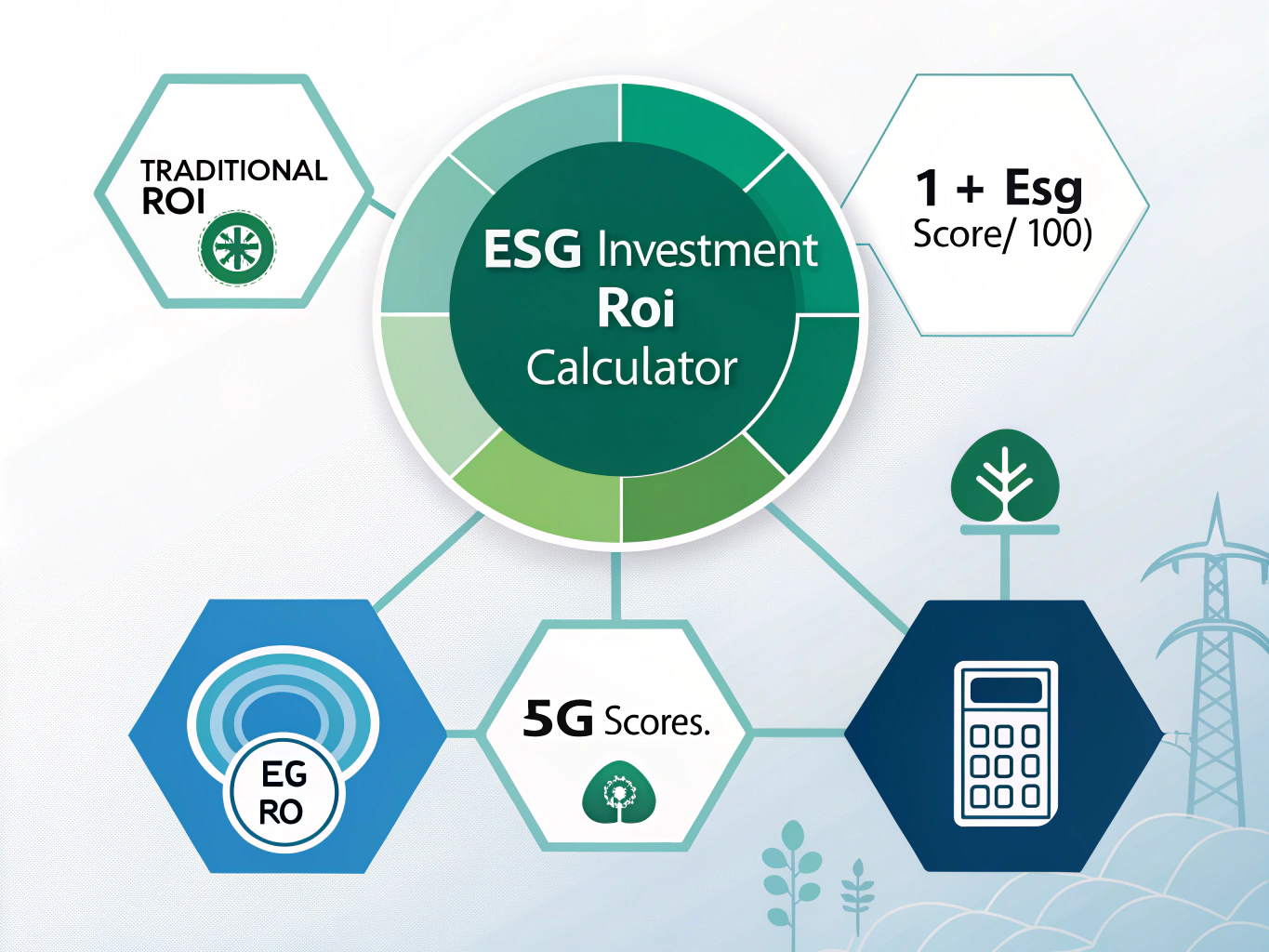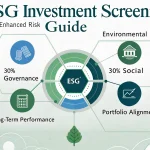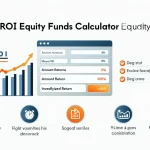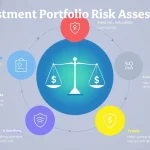Is this tool helpful?
How to Use the ESG Investment ROI Calculator Effectively
You can use the ESG Investment ROI Calculator to measure the impact of Environmental, Social, and Governance (ESG) factors on your investment returns. Follow these steps to get accurate results:
- Traditional ROI (%): Enter the standard return on investment value. For instance, if your equity investment yielded 14.3% or your real estate fund returned 7.9%, enter those values here.
- ESG Score (0-100): Input the ESG score provided by your rating agency or sustainability report. For example, a company with strong ESG policies might have a score of 78, while another with moderate compliance might score 60.
After entering these values, click “Calculate ESG ROI” to see the adjusted return that factors in ESG considerations.
What Is the ESG Investment ROI Calculator and Why Use It?
This ESG Investment ROI Calculator helps you quantify the value of sustainable investing by combining your traditional investment returns with ESG performance metrics. Unlike basic ROI calculations, this tool adjusts returns based on ESG scores, giving you a clearer picture of how sustainability efforts impact financial outcomes.
Benefits of using this ESG calculator include:
- Combining financial returns with ESG ratings for more informed investment decisions
- Identifying investments that support environmental and social responsibility
- Improving portfolio management with sustainable investment insights
- Communicating quantifiable ESG impact to stakeholders
- Supporting long-term strategies that align financial success with ethical practices
How the ESG ROI Calculator Works: Example Calculations
The calculator adjusts your traditional ROI by incorporating your investment’s ESG score using this formula:
$$\text{ESG ROI} = \text{Traditional ROI} \times \left(1 + \frac{\text{ESG Score}}{100}\right)$$
Example 1: Retail Sector Investment
- Traditional ROI: 11.2%
- ESG Score: 70
Using the formula:
$$11.2\% \times \left(1 + \frac{70}{100}\right) = 19.04\%$$
This means your ESG-adjusted ROI is 19.04%, reflecting positive sustainability performance.
Example 2: Industrial Sector Comparison
Compare two industrial company investments:
- Company A: Traditional ROI of 9.5%, ESG Score of 85, ESG-adjusted ROI = $$9.5\% \times (1 + 0.85) = 17.58\%$$
- Company B: Traditional ROI of 11.0%, ESG Score of 40, ESG-adjusted ROI = $$11.0\% \times (1 + 0.40) = 15.4\%$$
Company A offers a higher ESG-adjusted return despite a lower traditional ROI, demonstrating how sustainability factors enhance long-term value.
Practical Benefits of Incorporating ESG Metrics Into Investment Returns
Integrating ESG scores into your investment calculations deepens your financial analysis by:
- Enhancing risk management: ESG factors highlight risks that traditional analysis might miss.
- Supporting sustainable portfolio allocation: Helps you favor companies with strong ESG practices.
- Improving stakeholder communication: Quantifies sustainability’s impact for better reporting.
- Facilitating long-term strategic planning: Aligns investments with evolving environmental and social standards.
Who Should Use the ESG Investment ROI Calculator?
This tool serves a variety of users who want to blend financial returns with sustainability insights, including:
- Portfolio managers screening investments for ESG criteria
- Individual investors seeking socially responsible investment options
- ESG analysts tracking company sustainability performance
- Corporate officers assessing the impact of governance and social initiatives
Implementing ESG-Adjusted ROI in Your Investment Strategy
Portfolio Integration
Use the calculator to enhance your investment strategy by:
- Applying ESG screening to select high-performing sustainable investments
- Evaluating impact investments that balance returns with social outcomes
- Constructing portfolios aligned with sustainability and financial goals
- Assessing risk-adjusted returns that factor in ESG performance
Long-Term Value Creation
ESG-adjusted ROI reveals investments with potential to generate sustainable value by supporting:
- Environmental stewardship that reduces ecological impact
- Social responsibility through strong community and labor practices
- Robust corporate governance that fosters transparency and accountability
- Effective stakeholder engagement for improved business resilience
Industry-Specific ESG Considerations for Accurate ROI Analysis
Different sectors face unique ESG risks and opportunities, which affect investment returns:
- Financial Services: Focus on governance, ethical lending, and social impact
- Manufacturing: Environmental footprint control and labor safety standards
- Healthcare: Ethical patient care and social responsibility
- Technology: Data privacy, cybersecurity, and corporate governance
Frequently Asked Questions About ESG ROI and Scores
What Does an ESG Score Represent?
An ESG score rates companies on their environmental, social, and governance practices. Scores range from 0 to 100, with higher values indicating stronger commitments to sustainability.
How Do ESG Factors Influence Investment Returns?
ESG factors impact long-term returns by reducing risks, creating competitive advantages, and encouraging sustainable business models.
Where Can I Find Reliable ESG Scores?
Common providers include MSCI, Sustainalytics, ISS ESG, and S&P Global. Many financial platforms and company sustainability reports also publish ESG data.
Can ESG-Adjusted ROI Be Negative?
Yes, if the traditional ROI is negative, the ESG-adjusted ROI will also be negative but is still influenced proportionally by the ESG score.
How Often Should I Update My ESG ROI Calculation?
Recalculate whenever you receive new ESG scores or review your investment returns, typically quarterly or annually.
Best Practices for Effective ESG Investment Analysis
Ensure Data Quality and Consistency
- Use consistent ESG rating sources for comparison
- Monitor ESG score changes regularly
- Document your calculation methods for transparency
- Benchmark against peer groups to gauge relative performance
Integrate ESG Metrics Into Your Investment Strategy
- Align ESG metrics with your financial objectives
- Consider sector-specific ESG challenges and opportunities
- Track ESG trends to anticipate market shifts
- Balance financial returns with sustainability goals for robust decision-making
Important Disclaimer
The calculations, results, and content provided by our tools are not guaranteed to be accurate, complete, or reliable. Users are responsible for verifying and interpreting the results. Our content and tools may contain errors, biases, or inconsistencies. Do not enter personal data, sensitive information, or personally identifiable information in our web forms or tools. Such data entry violates our terms of service and may result in unauthorized disclosure to third parties. We reserve the right to save inputs and outputs from our tools for the purposes of error debugging, bias identification, and performance improvement. External companies providing AI models used in our tools may also save and process data in accordance with their own policies. By using our tools, you consent to this data collection and processing. We reserve the right to limit the usage of our tools based on current usability factors.







